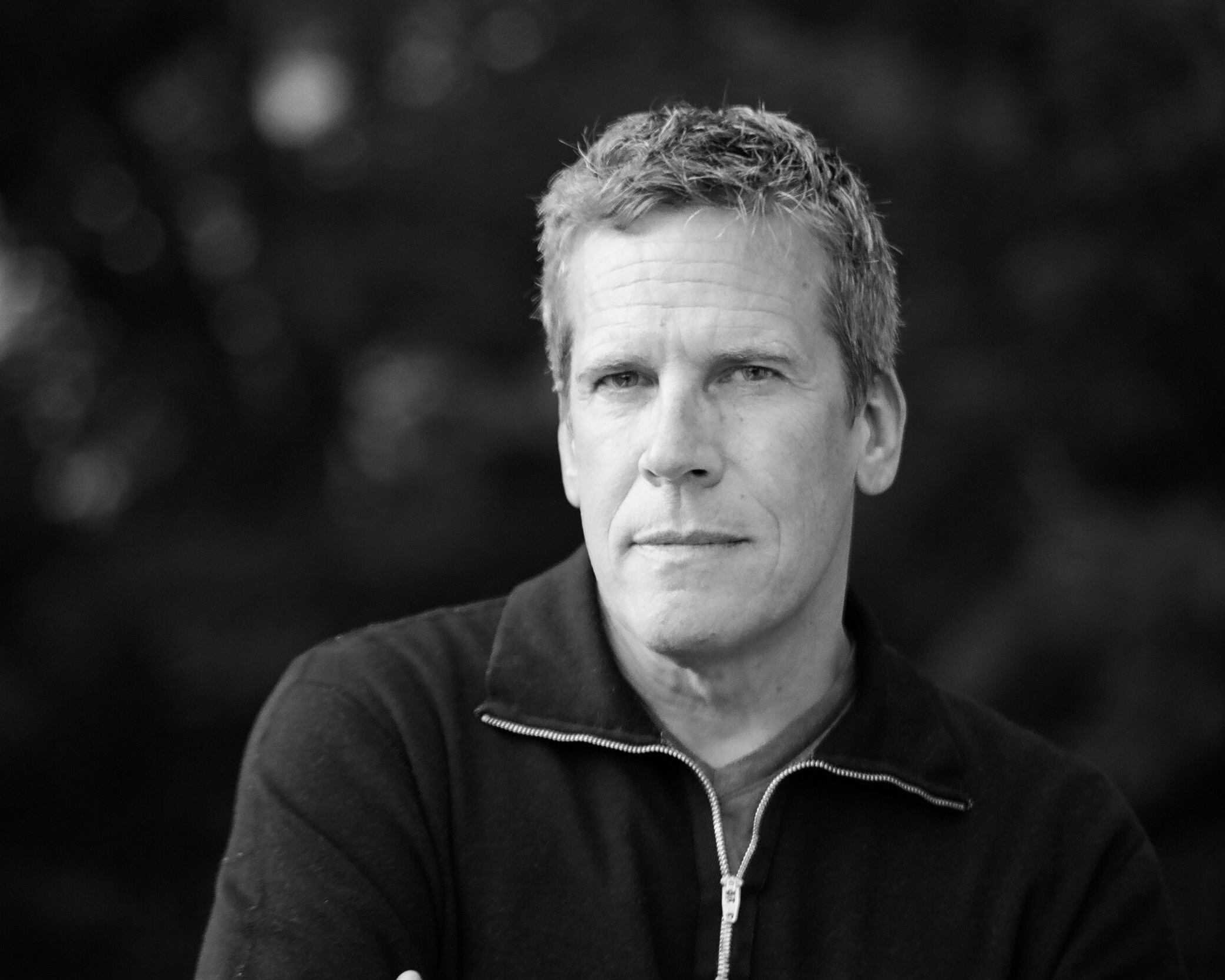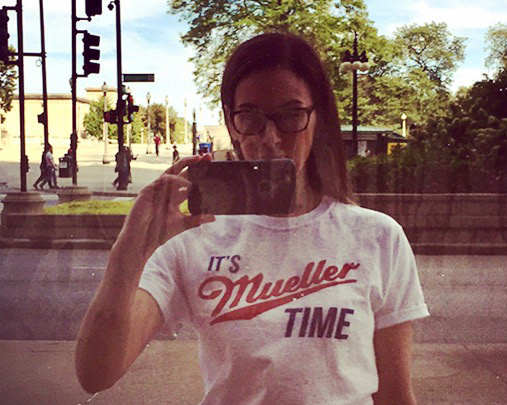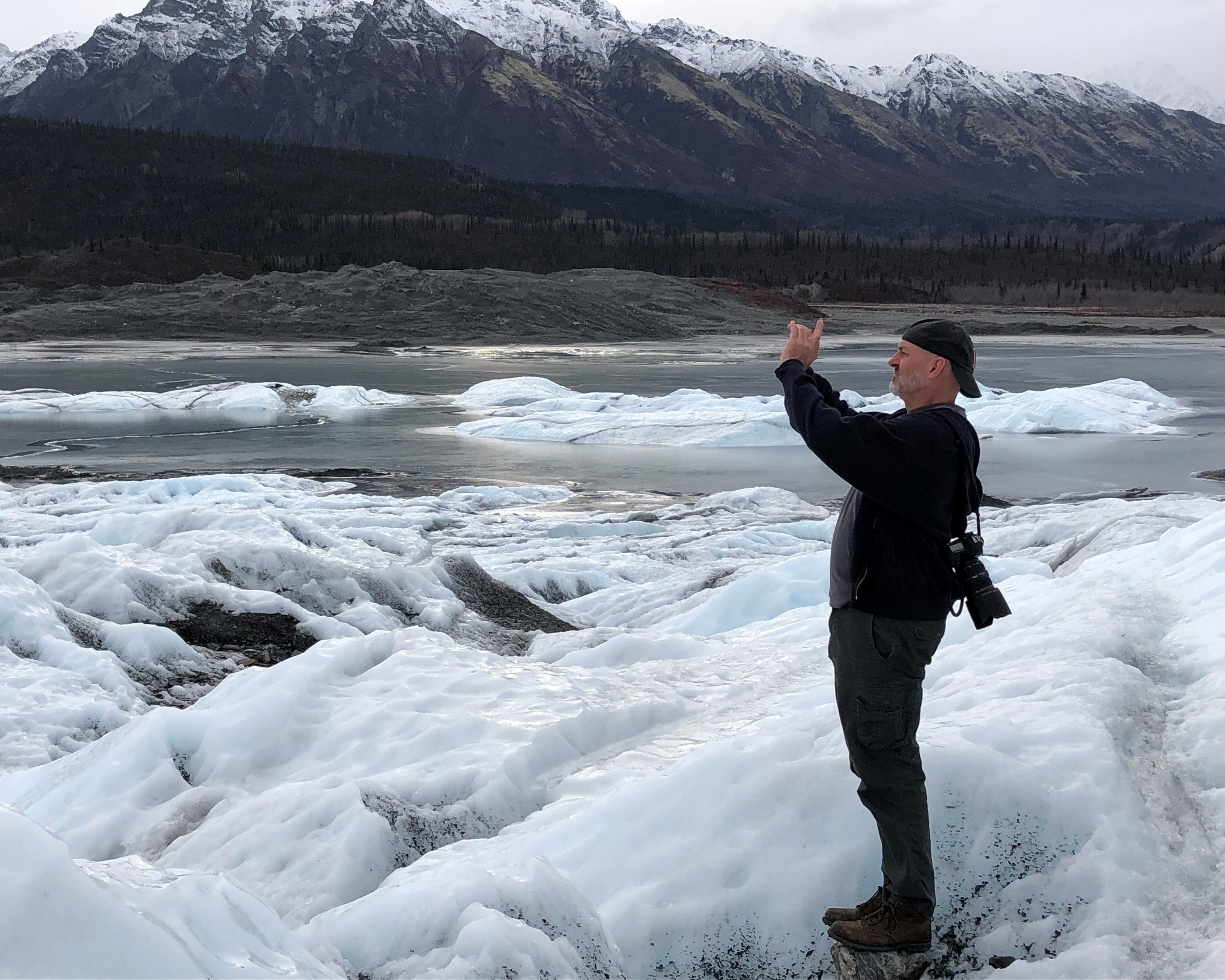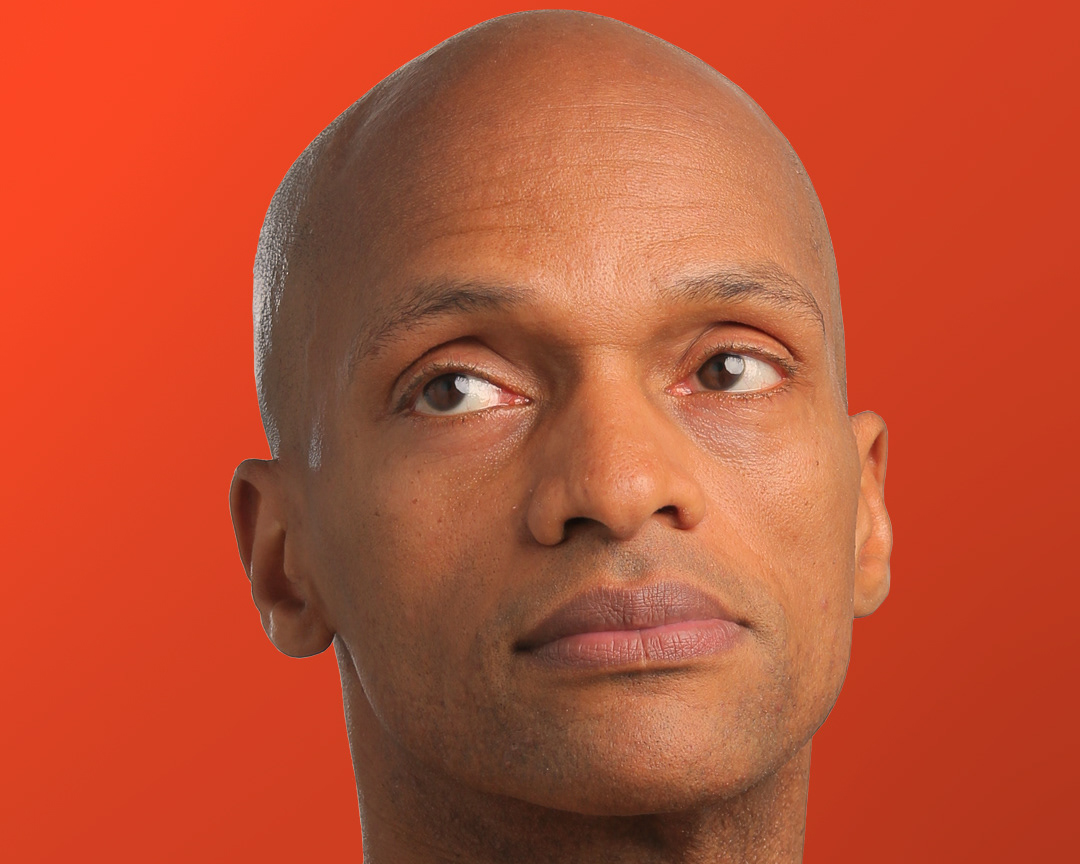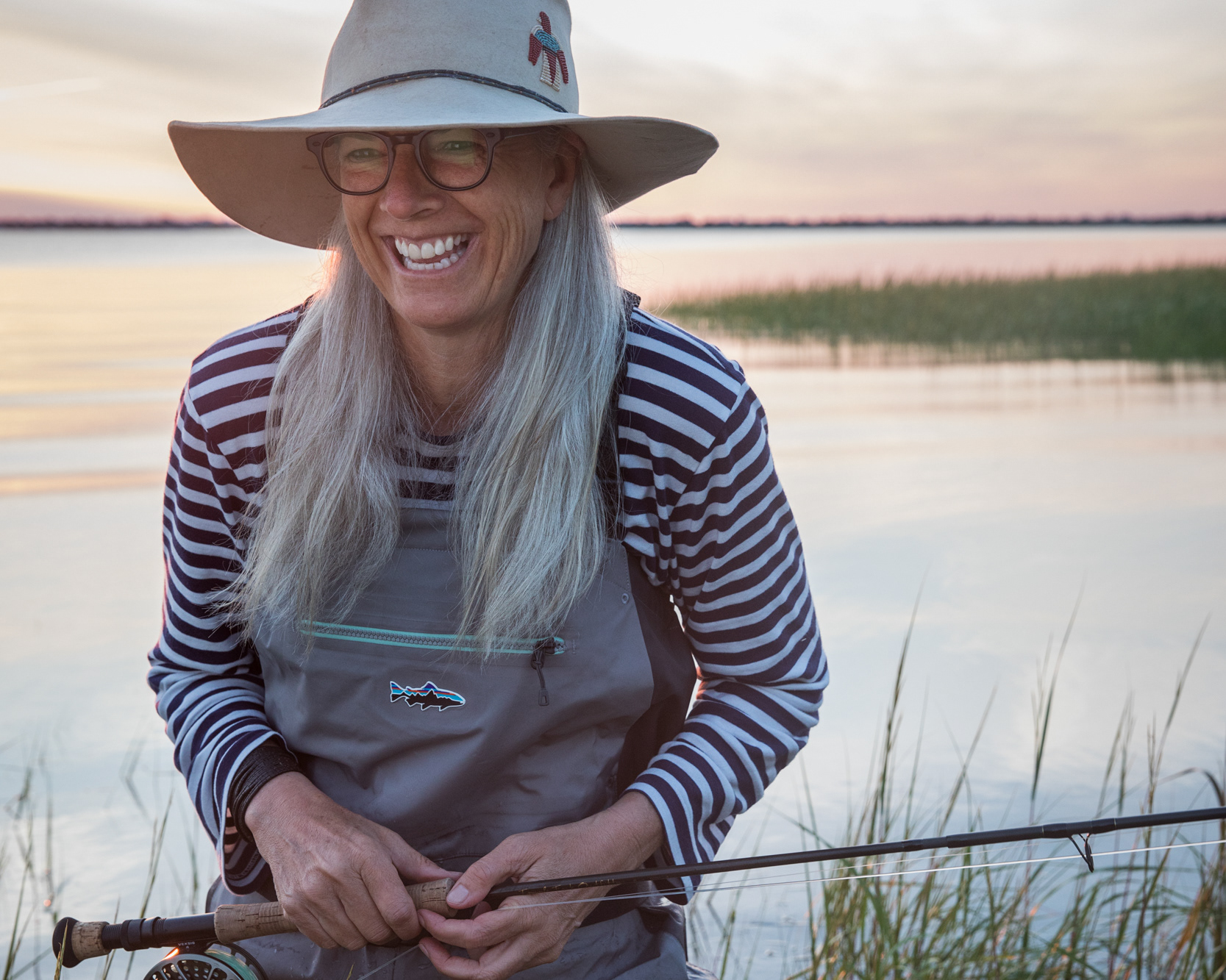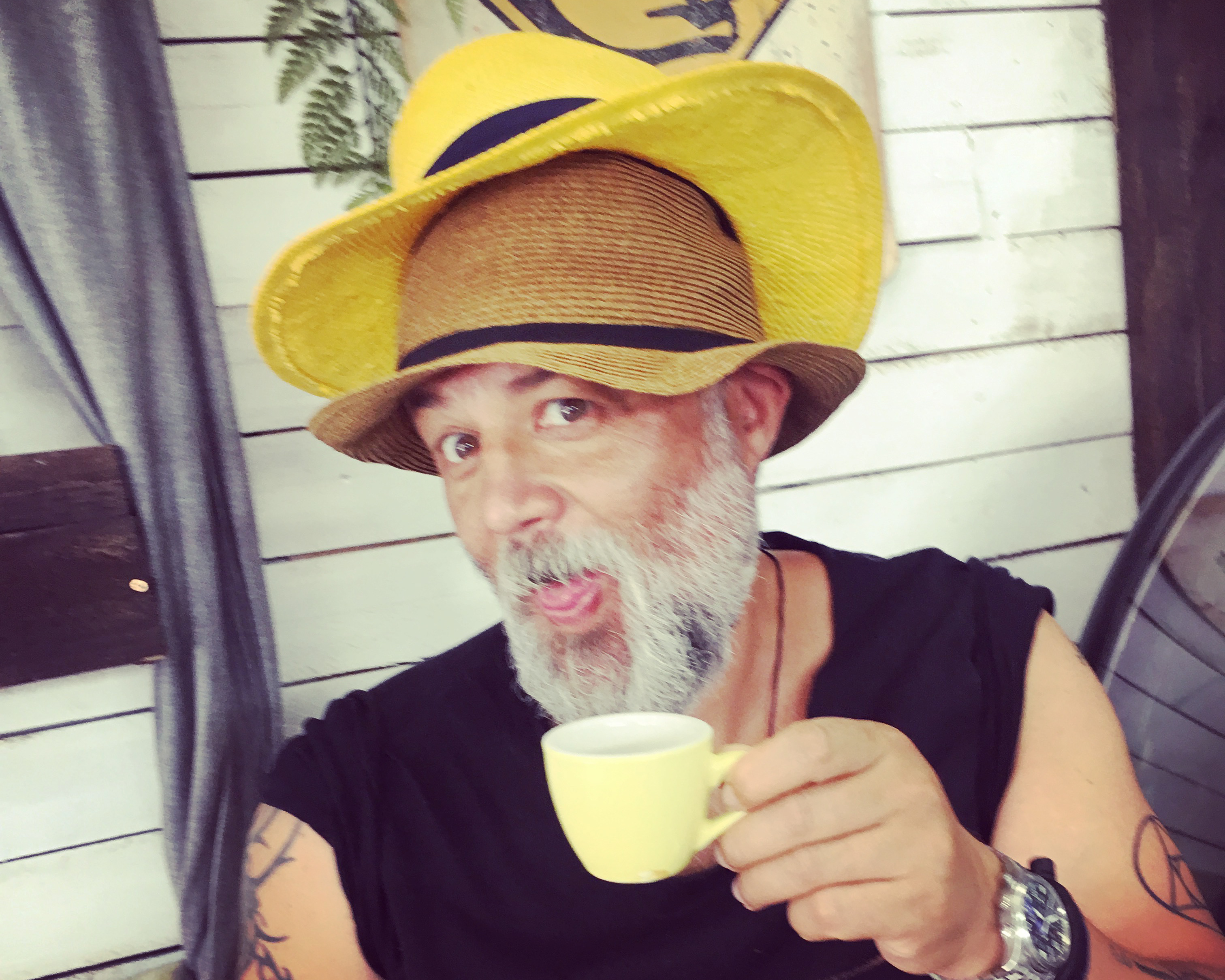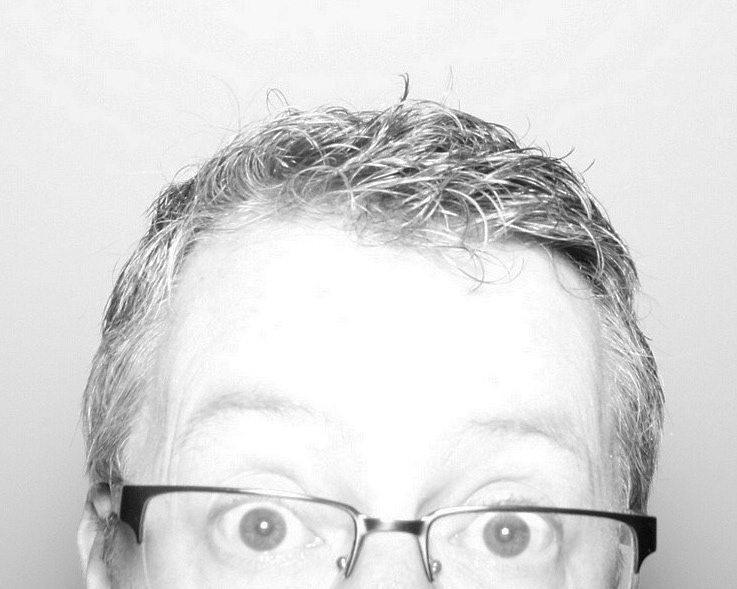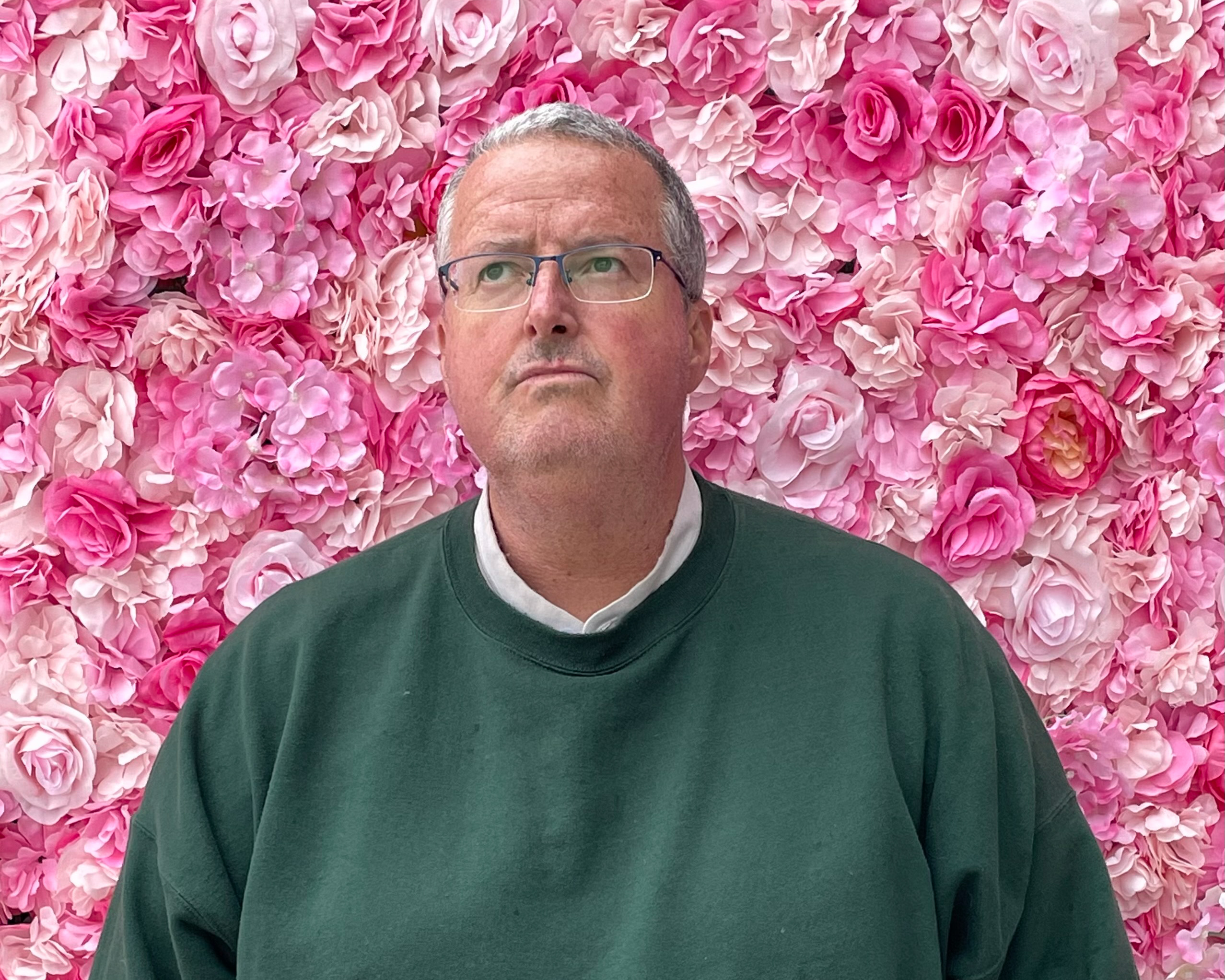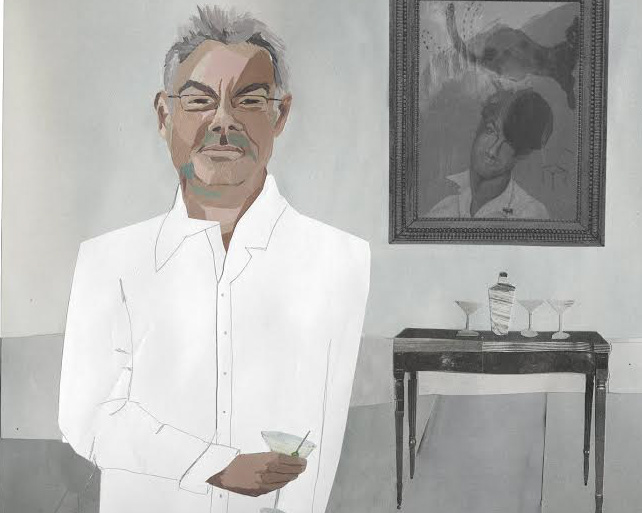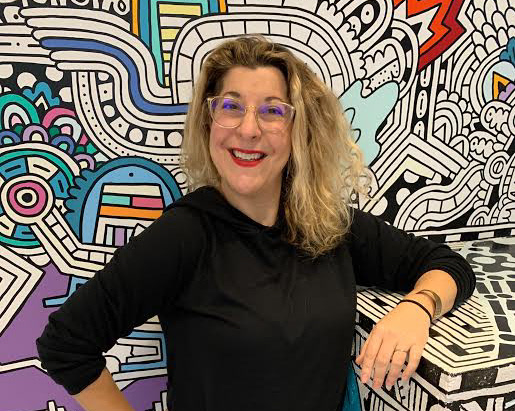Advertising is Andrew's third career. His first was at 16 as an apprentice building organs, a title that involved "tea-making, floor-sweeping, daily bollockings and an initiation ritual of having a pint of animal glue poured down my y-fronts." But he ended up tuning the organ in St. Paul’s for Prince Charles’ wedding and winning the industry’s only national award. What does this little nugget have to do with the topic of ageism in the industry, you ask? Andrew would tell you it's yet another example of ideas, thoughts, strategies and executions all inspired by vast and varied real life experiences.
More obviously linked to the topic at hand is the fact that Andrew is now a freelance anglophone copywriter based in Paris with 26 years of experience in the form of ads, strategies, thought starters, content, platforms, manifestos, and copy. Which in itself, would be cool enough even if he hadn't done work for some of the biggest brands on the planet. From Netflix to Louis Vuitton Andrew is nothing if not versatile and a master of 'tone of voice'. He's also written classical music, cooked for lords and ladies, played in orchestras, sung under Leonard Bernstein, studied glassblowing, reviewed bars for Tatler, eloped with an actress and met the Queen Mother. So yeah, he's been there and back and seen a few things.
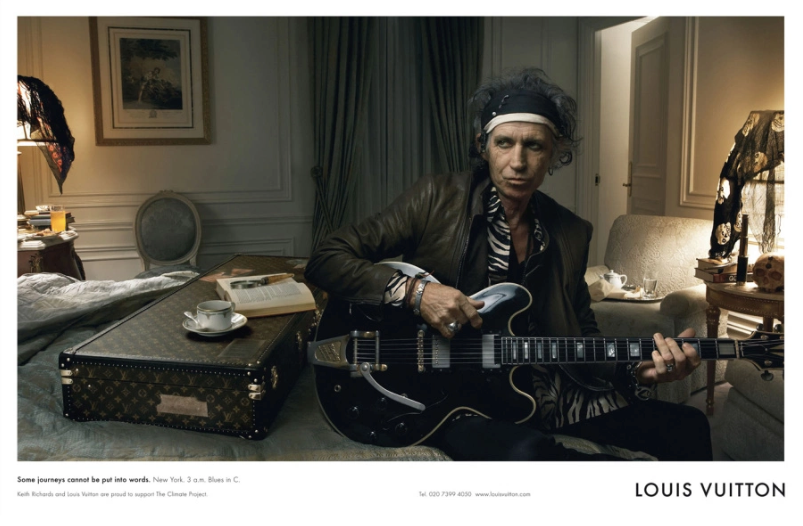
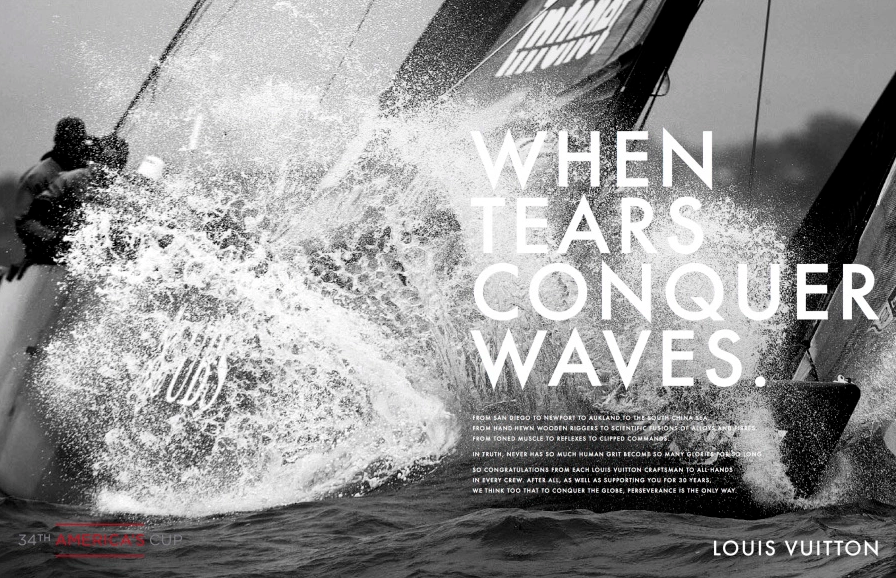
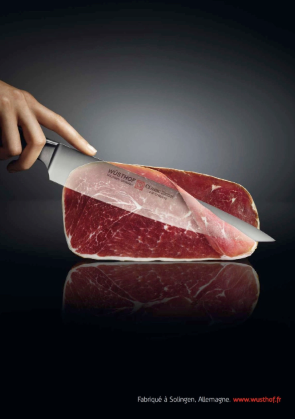
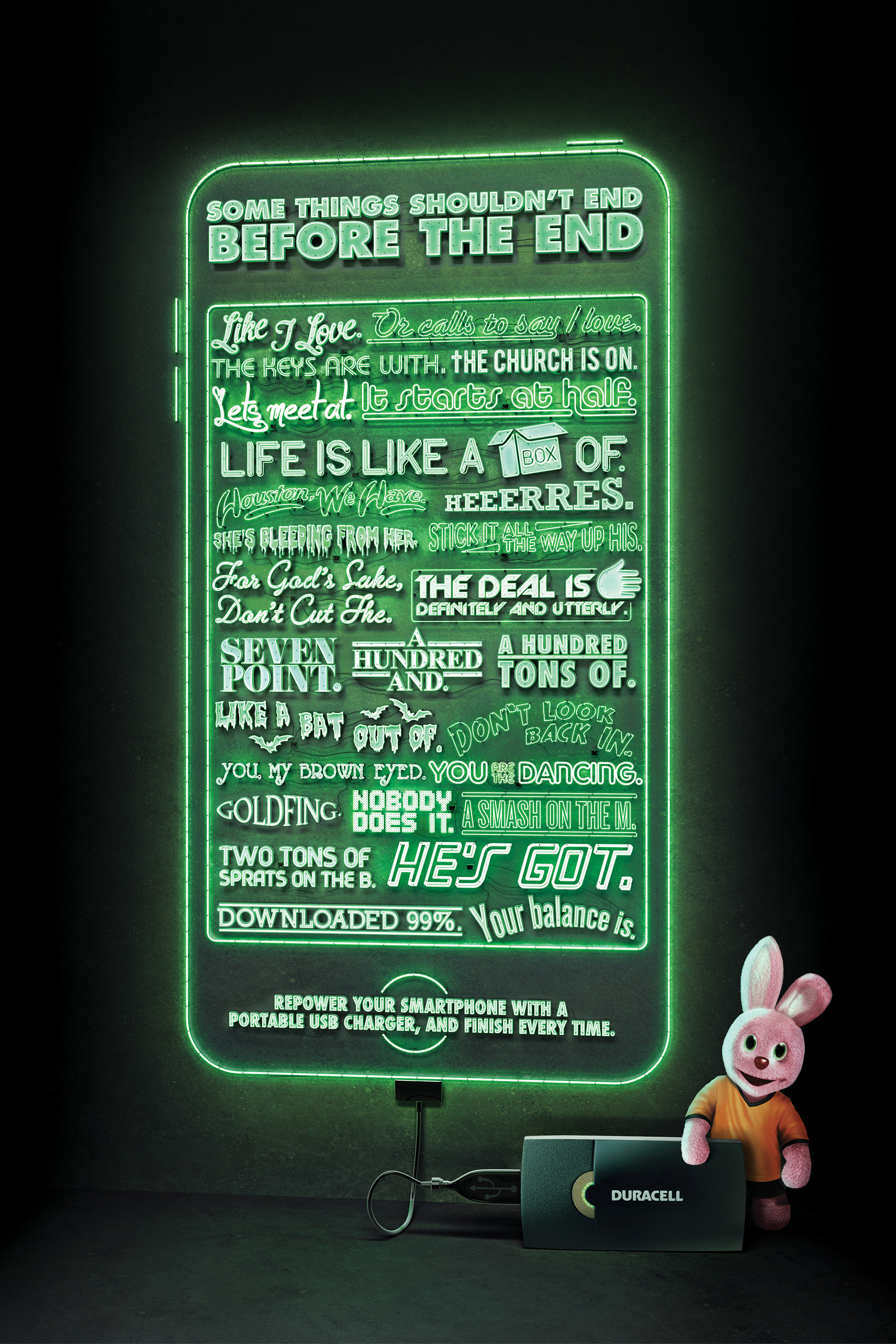
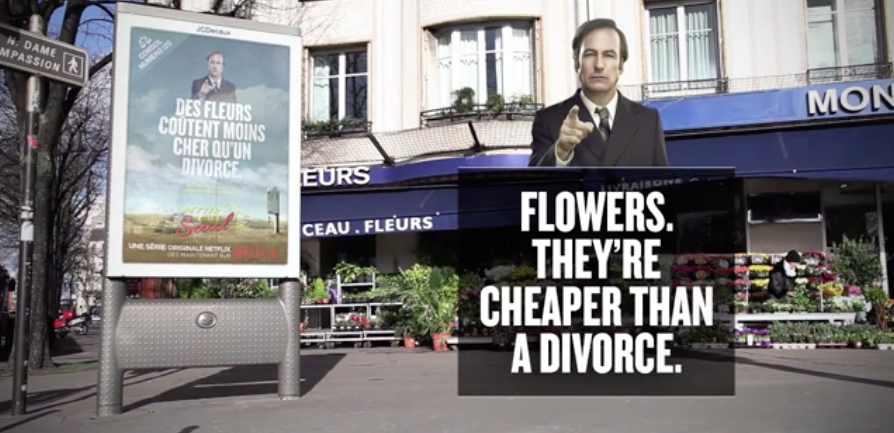
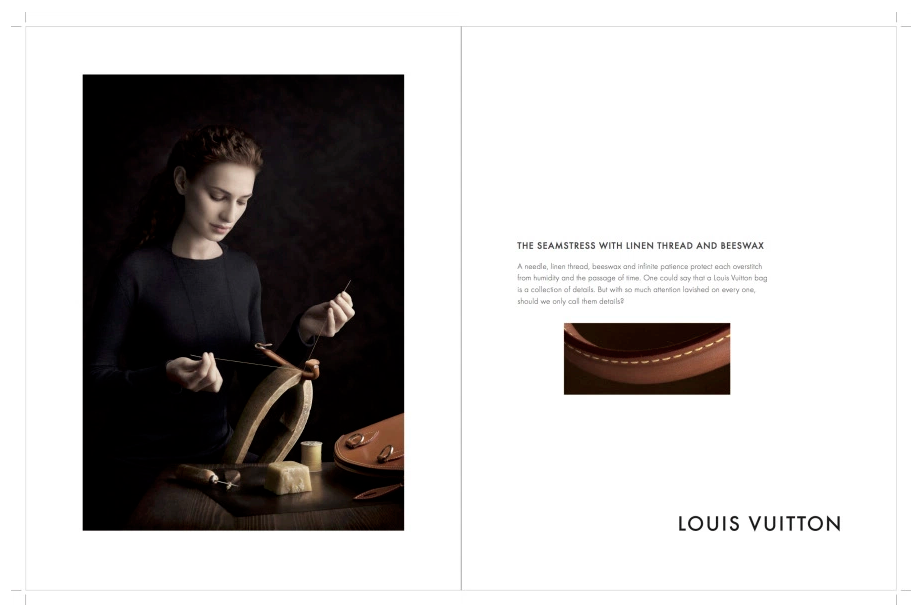
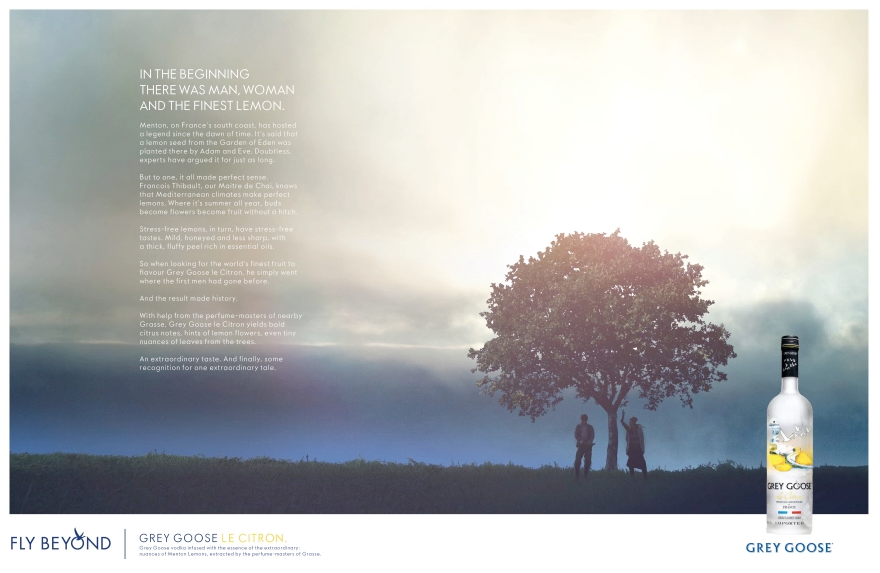
Is ageism in the industry something you thought about in your 30s? Your 40s?
Not a bit of it. I only started at 32. Ogilvy and Mather London’s mature copy trainee. I spent my thirties and forties not sleeping, growing my hair long and trying not to get fired. But then, agencies were still full of older folk. One of my first mentors was the great Norman Berry who was well into his seventies, still winning pitches and smoking fifty Marlborough every day. Age didn’t matter because all eyes were always open. We were all forever young and we’d all live forever. To me, advertising was like any other job where you accrued value as years went by. After all, doctors, judges, authors, artists, chefs and comedians did.
"To me, advertising was like any other job where you accrued value as years went by. After all, doctors, judges, authors, artists, chefs and comedians did."
Is ageism something that’s affected you? What are some of the challenges you faced as a person who was getting older in the business? Do tell.
Ageism, I think, is something that only exists in the heads of a few. I flatly, stubbornly refuse to let it affect me as I frankly believe I’m still young. I love it when I walk into an agency as a 58-year-old freelancer and twenty-somethings jump up and want to work with me. They pick my brains and I pick theirs. It often happens and I pray it still will when I’m seventy. Creatives aren’t snobs. They’re creatives. The resistance, the only resistance, comes from money men who can’t do sums. Decent cost analysis can actually prove that experience saves money. Ding.
Tell us about your own creative journey. What are your thoughts on where you are now, compared to your mindset when you were in the beginning of your career?
As a rag-arsed wet-behind-the-ears trainee I believed that a concept was everything. 100%. That nothing else mattered. I’ve learned over time that craft is just as crucial. Craft makes concepts shine and talk. It explicitly says brands care. I love crafting.
Did the reality of the ad industry contribute to the decisions you made/the path you’ve taken?
To a degree, but hasn’t it for all of us? We’ve embraced digital, after all. And we’ve all been sacked at least once. Yes, we have. That changes things. Otherwise, I’ve stuck to what I believe in. The big idea. Listening. The extra mile. Craft. Honesty. Generosity. Being nice. Being a kid. Right down to the floral shirts. I must have 100 now.
"Experiences turn into ideas. Working till midnight and gawping at the web tend not to."
What do you feel creative people over 50 can offer over someone 20 years their junior, things that are unappreciated, or just plain overlooked?
A few things, yes. One, the importance of having fun. David Ogilvy was right. When people aren’t having fun, they don’t produce good advertising. Two, the importance of outside interests. Experiences turn into ideas. Working till midnight and gawping at the web tend not to. Three, craft skills that make work shine and win. How to direct a voice, cast one, sharpen a line, plan a line break. There are millions more.
What is your advice to people who are nearing or over 40 in the ad industry?
First, carry on being a child. Keep your eyes open and never stop learning. Many of us are considered past it because we stop asking questions. That gives employers the impression that we think we know it all. We don’t. We never do. So, get people half your age to teach you their things in return for some of yours. To me that’s a good deal. Second, don’t retreat into a mental comfort zone just because you’ve got a nice house, two and a half kids, a lawnmower and a ginger cat. Your life priorities might have aged, but your attitude never should. Keep them apart. Third, never dress like an old codger or an ageing frump. Agencies like to look young. They have to. Perhaps that’s helped fuel the ageism thing. Dress wild. Fourth, be generous.
"Many of us are considered past it because we stop asking questions. That gives employers the impression that we think we know it all. We don’t...So, get people half your age to teach you their things in return for some of yours."
How are you approaching the next 10 years? What does your future hold?
If I don’t die first, I’ll need to work till I’m about seventy or I’ll starve. Blame divorce lawyers and the French taxman. So now matter how old, I’ll just have to carry on being young.
What do you see as potential solutions for ageism in the industry? Any thoughts on possibly unionizing?
Training for financial departments. It is actually possible to calculate the value (and savings) gained from experience, technique and all good things time and life has given us.
What are some positive things you’ve experienced as you’ve grown older in the business?
The knowledge that you can still do it.
Who do you look to for inspiration?
Everyone. We are all different and I need to update my mental library of phrases, quips, attitudes and tones of voice. I was on the Metro yesterday and heard an ancient Frenchman telling a Japanese tourist about French wine, just using his hands and a few key words like “Bordeaux”, “Loire”, “Bon” and “Merde”. I’ll use it one day.

